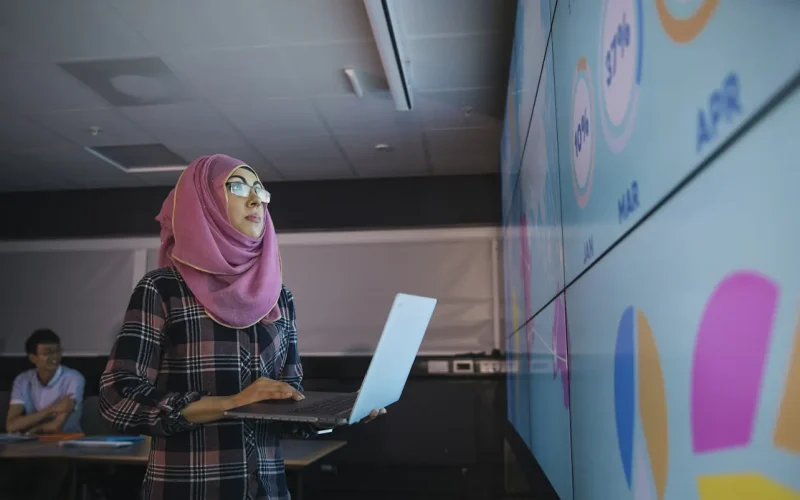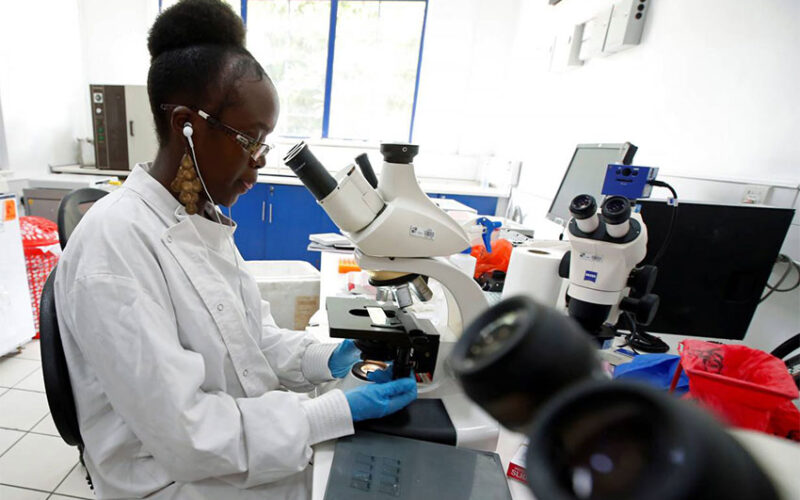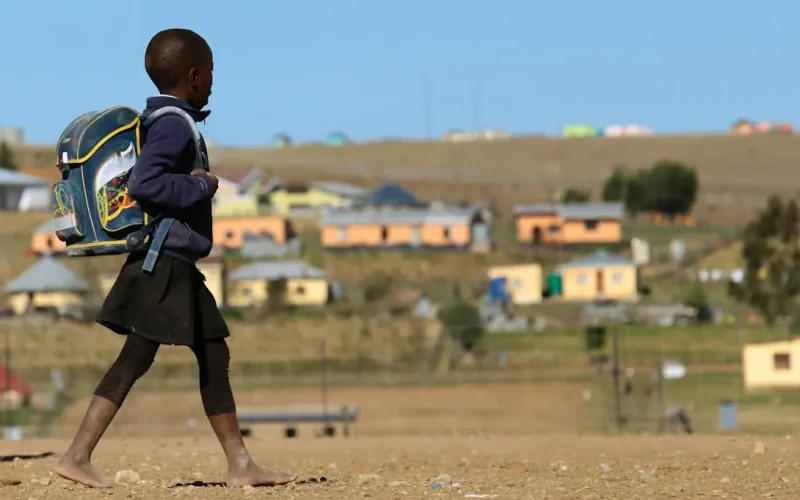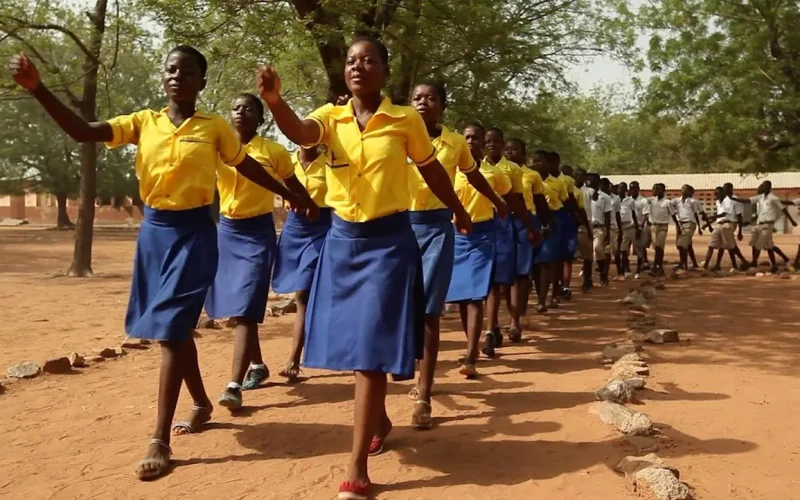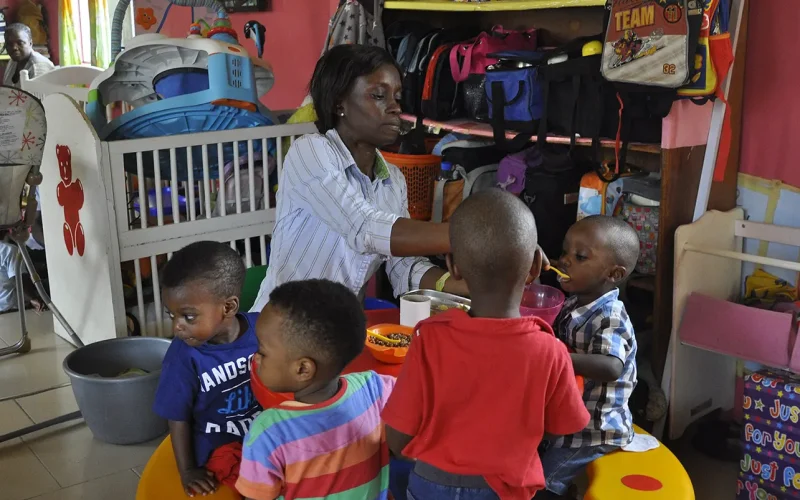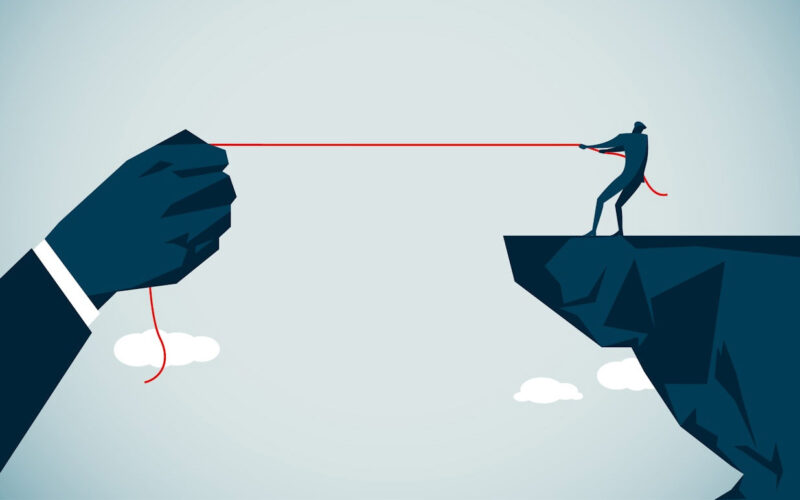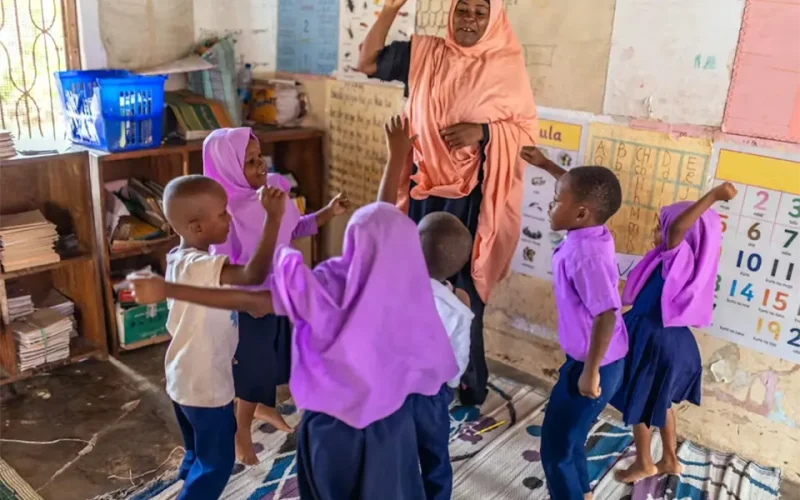
South African study shows the power of sharing daily experiences for teachers to learn how to include all learners
GLOBALLY, more than 258 million children and young people between the ages of 6 and 17 are not in school. In South Africa, the figure stands at 232,000 for children aged between 7 and 17. The main reasons they’re not attending school are related to the quality of education, financial constraints, disability and child or teenage pregnancy. The notion of inclusive education focuses on ensuring that all children attend school and receive a good education. The first is a challenge for governments. The second is a challenge for teachers – but they don’t often get the support they need. Wacango…


